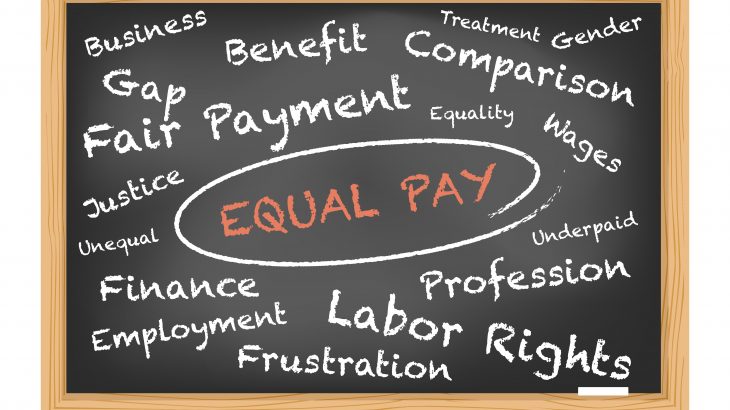Working Towards a Sustainable Pay Model
With many stories in the media about people petitioning for higher wages and many entities of all kinds trying to find a way to minimize the income disparity between the top one percent of earners in the country and the bottom 99 percent, it is natural to want to make sure that pay is fair in your company. It can be a tricky business, so tread lightly and move carefully when trying to ensure fairness.
Why Not Just Make All Salaries the Same?
One company decided to take a radical approach earlier this year and bump all of the employees’ salaries up to at least $70,000 a year. This company, Gravity Payments, had an immediate flood of publicity after going through with the idea and received praise from many sources. However, some employees were so perturbed by the action that they quit!
The employees that quit explained that they felt the action was unfair. While some employees worked very hard and had been with the company for years, others had just started or did not display the same work ethic. The largest raises were often given to those that had worked at the company for the shortest amount of time, while employees that had been with the company for years often received smaller raises or no raise at all, because they were already over the $70,000 minimum.
What about Transparency?
Making salaries transparent has been gaining in popularity, but many employees have a problem with transparency. When Gravity Payments went public with the announcement that all employees would make at least $70,000, many workers were upset that friends, family, and the public at large would know what they were making. They felt that personal expectations changed and that their privacy had been invaded.
What About an Across the Board Raise?
If a raise is given for all employees across the board in your company, it may seem like the fair thing to do, but it can still spurn dissent. Employees may feel that there is less incentive to work hard and may resent workers that have been given the same raise while not performing to the same standards. This can actually harm productivity.
How Do You Decide Upon a Fair Wage?
The CEO of Gravity Payments decided upon a $70,000 salary minimum because studies show that it is at that point that financial stresses become less concerning on average. This wage may not be realistic for many companies, however. It may be helpful to research industry averages in your area and common expenses and use these figures to come up with a fair “livable” wage that will both motivate workers to join your company and deter them from leaving.
Should You Avoid Wage Transparency?
Wage transparency can be a helpful motivator if used correctly. Letting employees know what they will be making right away, how they can achieve raises, and what those raises will be is a model that many companies and workers are beginning to find desirable. However, if your company is switching to this type of model, it is important to manage the change carefully and anticipate that all employees will not be on board with the idea.
How Do You Make Sure Raises Are Fair?
Merit-based raises may always draw criticism, but if based on numerical values and hard facts, they are fairer than most other types of raises. If you really want to make sure raises are fair, use numbers (including the amount of time at the job) to back up the raises. This approach can help to provide incentive to work harder and rewards for hard work, while ensuring fairness.





